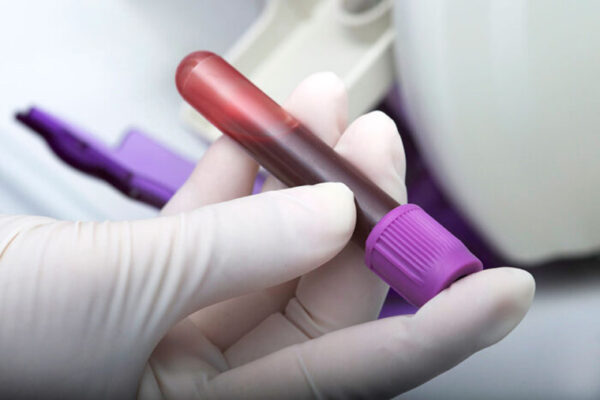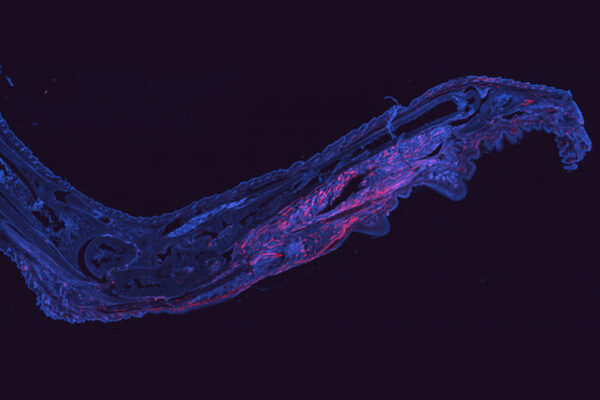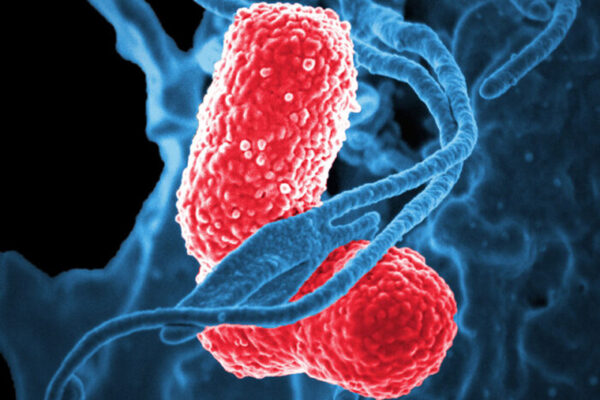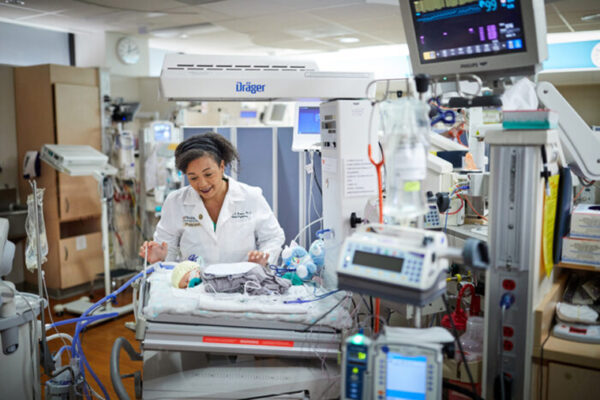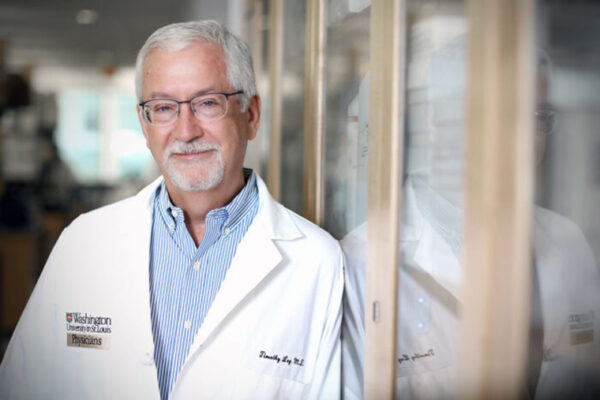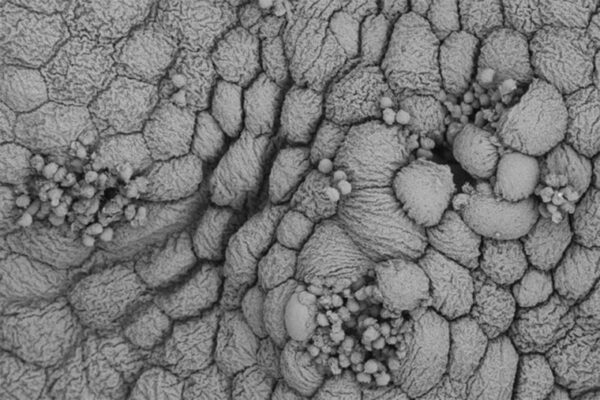CAPA Clinic shows promising results for addiction treatment patients in St. Louis
The Community Academic Partnership on Addiction Clinic, a partnership between the Brown School and Preferred Family Healthcare, was able to increase treatment completion rates by 11% over a six-month time period.
Environmental racism in St. Louis
Black St. Louisans are exposed to considerably greater environmental risks than white residents, contributing to stark racial disparities regarding health, economic, and quality of life burdens, finds a new report prepared by the Interdisciplinary Environmental Clinic (IEC) at Washington University School of Law.
Fentanyl, Inc.
How Rogue Chemists Are Creating the Deadliest Wave of the Opioid Epidemic
A deeply human story, Fentanyl, Inc. is the first deep-dive investigation of a hazardous and illicit industry that has created a worldwide epidemic, ravaging communities and overwhelming and confounding government agencies that are challenged to combat it. “A whole new crop of chemicals is radically changing the recreational drug landscape,” writes Ben Westhoff. “These are known as Novel Psychoactive Substances (NPS) and they include replacements for known drugs like heroin, cocaine, ecstasy, and marijuana. They are synthetic, made in a laboratory, and are much more potent than traditional drugs”—and all-too-often tragically lethal.
Zika diagnostic test granted market authorization by FDA
A test for signs of Zika infection has been granted market authorization by the Food and Drug Administration. The test is based in part on an antibody developed by researchers at the School of Medicine.
Arthritis-causing virus hides in body for months after infection
Researchers at the School of Medicine have developed a way to fluorescently tag cells infected with chikungunya virus. The technique opens up new avenues to study how the virus persists in the body and potentially could lead to a treatment.
Vaccine against deadly superbug Klebsiella effective in mice
Researchers at the School of Medicine in St. Louis and the biotech startup VaxNewMo have developed a vaccine that is effective, in mice, against hypervirulent strains of Klebsiella that can cause life-threatening infections in healthy adults.
Stable home lives improve prospects for preemies
A new School of Medicine study has found that as premature babies grow, their mental health may be related less to medical challenges they face after birth than to the environment the babies enter once they leave the newborn intensive care unit.
$15 million supports quest for personalized leukemia therapies
Investigators at Siteman Cancer Center at Barnes-Jewish Hospital and Washington University School of Medicine in St. Louis have been awarded a $15 million grant to better understand the genetic changes that drive acute myeloid leukemia (AML), a deadly blood cancer, and predict patients’ responses to therapy. The findings also may enable investigators to develop more effective therapies tailored to patients, based on the genetic characteristics of their cancer cells.
Why initial UTIs increase susceptibility to further infection
Researchers at the School of Medicine have discovered that an initial urinary tract infection (UTI) triggers changes to immune and other cells in the bladder that can prime the bladder to overreact to bacteria, worsening subsequent UTIs.
Children with mild asthma can use inhalers as needed
A new study from the School of Medicine finds that African American children with mild asthma can take their steroid inhalers as needed, based on symptoms, rather than at set times daily regardless of symptoms.
Older Stories



